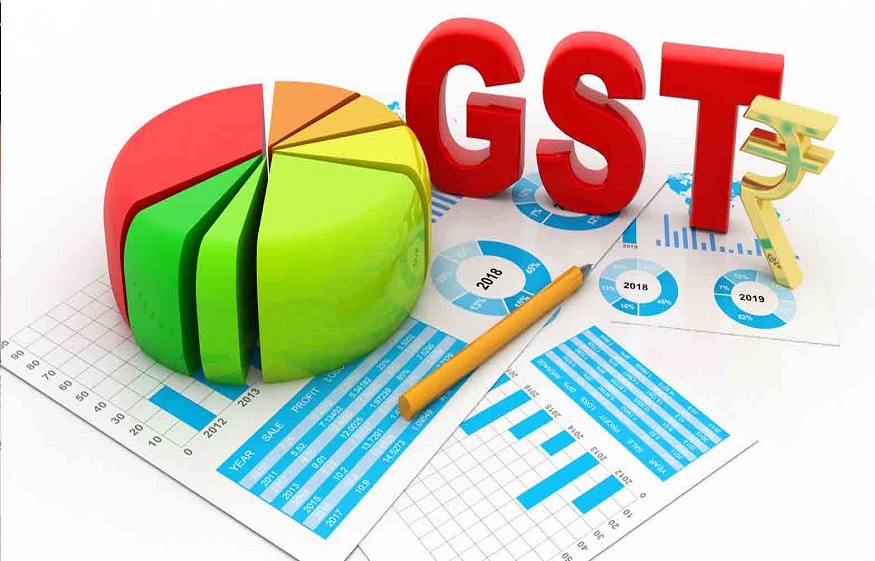GST Annual Audit: Applicability, Audit Form, and Reporting
GST annual audit is a robust mechanism to ensure that the taxpayers are correctly self-assessing their tax liabilities. Check out this post to know what GST annual audit is, who is required to get audited, what audit form should be filed by the taxpayer, and more.
GST can be defined as an indirect trust-based taxation system that requires the taxpayers to self-assess their tax liabilities, pay the appropriate taxes, and file the returns. But at the same time, the government has also taken several measures to make sure that taxpayers are correctly self-assessing their tax liabilities. GST audit is one such measure.
Read more: Choosing Professional Nasdaq Nyny Trading NewsTaxpayers to whom the audit is applicable are required to get their accounts audited by a qualified professional. The taxpayer then needs to submit the audit form along with the audit certificate and reconciliation statement.
Let us try to understand this audit process in detail-
Who Should Get Their Accounts Audited Under GST?
Every registered taxpayer with an annual turnover of more than Rs. 2 crores in a financial year is required to get their accounts audited every year.
It is worth noting that the turnover calculation is PAN-based. This means that if the turnover of a particular PAN in a financial year is more than Rs. 2 crores, then all the business entities under that PAN registered for GST will have to get their accounts audited.
Also, internal auditors or GST practitioners cannot function as a GST auditor. Eligible taxpayers should get their accounts audited by a Cost Accountant or a Chartered Accountant.
What is the GST Audit Form?
Under Section 35(5) of Section 44 of the CGST Act, it is mandatory for all the audited taxpayers to submit the GSTR-9C form. This GSTR-9C form functions as a reconciliation statement between the returns filed by the taxpayer through GSTR-9 and their audited financial statements.
The form is divided into two parts-
- Part A- Reconciliation Statement
- Part 2- Certification from the Auditor
Once the Cost Accountant or Chartered Accountant prepares and certifies the GSTR-9C form, the taxpayer can then file the same online or offline. Additional documents like GSTR-9 form and audited financial reports will also be required at the time of filing GSTR-9C.
Things to Remember Before Reporting GST Audit
Here are some of the most important things taxpayers should know about GST audit and its reporting-
- It is the job of the auditor to report any tax liabilities or discrepancies in GST returns filing of a taxpayer in the audit form.
- Any kind of error in the GST audit or annual returns cannot be modified.
- In case if taxpayers have any non-reconciled items in their GSTR-9C form, they should also submit justified reasons for the same.
- In case if a business entity has multiple branches and its total annual turnover is more than Rs. 2 crores, each of the branches will have to get their finances audited. In such cases, either a single auditor or separate auditors could be appointed for the branches.
- The due date for filing audit form and annual returns under the Goods and Services Tax Act is 31st December of the subsequent fiscal year. A general penalty of Rs. 25,000 will be applicable if the audit form and annual returns are not filed before the due date.
Conducting Annual Audits and Filing GST Audit Form
As can be seen above, not completing annual GST audits and submitting appropriate audit form and GST returns is a punishable offence that could lead to a penalty. Repeated violations could also lead to more severe outcomes that could impact the finances, functioning, and even the reputation of a business.
Read more: Mobile Billboard Advertising – The Top 4 Reasons to Use Mobile LED BillboardsTo get their accounts audited, businesses should look for an experienced GST advisory service provider to make sure that the whole process if auditing, reporting, and GST filing is completed on time and in a transparent and efficient manner.

